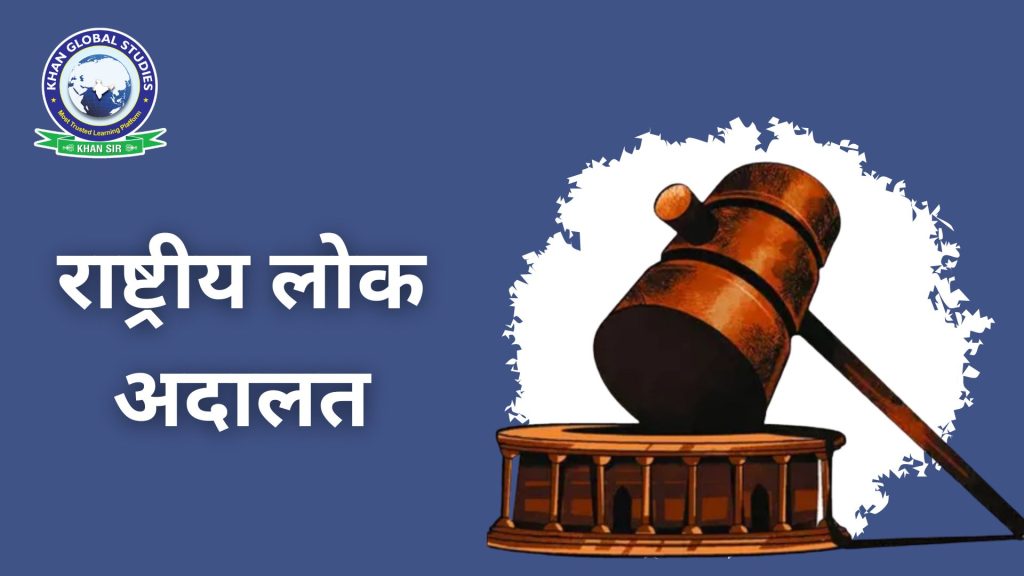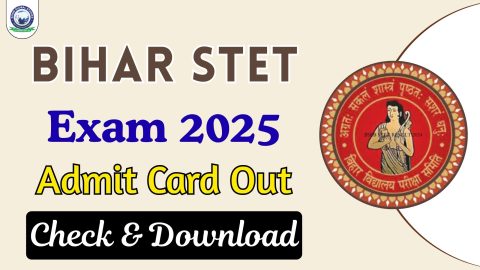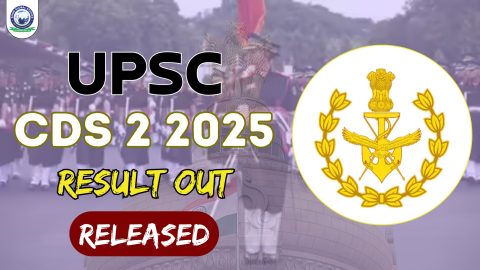
Persons from marginalized communities have been appointed as associate members in Lok Adalat benches by the Delhi State Legal Services Authority (DSLSA).
Delhi State Legal Services Authority (DSLSA)
It is an important organization within the Indian legal system, providing free and competent legal aid to the weaker sections of the society in Delhi.
- This includes acid-attack victims, persons from northeastern areas, transgenders, senior citizens and persons with disabilities.
- The initiative aims to make judicial decision-making accessible to marginalized communities.
- The perceived challenges faced by these communities can be identified only after their integration with the legal system.
The Public Court (Lok Adalat)
Public Court, meaning “People’s Court” or “Lok Adalat“, is an alternative dispute resolution (ADR) mechanism in India. It is a forum where disputes can be settled amicably and quickly outside the formal court system.
Types of disputes that can be resolved through Lok Adalat:
Civil Disputes: Contractual disagreements, property disputes, debts, family disputes, etc.
Alternative Dispute Resolution (ADR)
- It refers to a variety of methods used to resolve disputes outside the traditional court system.
- These methods often emphasize informality, flexibility, and collaboration to reach mutually agreed solutions.
Common ADR methods:
- Mediation
- Arbitration
- reconciliation
- Conversation
- Initial Neutral Assessment
Compoundable Criminal Offences: Traffic violations, petty theft, petty assault, etc. (not serious crimes like murder or rape).
Public Utility Service Disputes: Issues related to electricity bills, phone bills, water bills etc.
Benefits of Lok Adalat (Public Court)
- Fast and Efficient: Unlike the lengthy court process, disputes can be resolved in a single sitting.
- Cost-Effective: There are no court fees involved, making it accessible to everyone.
- Informal and Cordial: The atmosphere here is less intimidating than in court, and the focus is on reaching a mutually agreeable settlement.
- High Success Rate: More than 70% of the cases brought in Lok Adalat have been disposed of successfully.
Who presides over Lok Adalats?
- Lok Adalat benches are usually headed by a retired judge or a senior lawyer along with one or two other members of the same community.
- These members are known for their expertise on the subject of the dispute and their ability to mediate effectively.
Transgender Community
This includes individuals whose gender identity is different from the sex assigned at birth. This can manifest in many ways, including:
- Transgender Women: individuals born male who identify and live as women.
- Transgender Men: Individuals born female who identify and live as men.
- Non-binary Individuals: Individuals who do not identify exclusively as male or female, or who experience their gender as someone outside the binary.
Importance for Transgender Community
Visibility and Representation:
- Breakthrough: Challenging social barriers, the first transgender person has been appointed to a Lok Adalat.
- Role Model: Empowers and inspires others in the community to pursue careers in the legal field.
- Shattering the Stereotypes: Combating Discrimination and Misperceptions about Transgender Individuals.
Empowerment and Inclusion:
- Expression and Participation: Provides a platform for transgender voices in the legal system.
- Access to Justice: Encourages transgender persons to seek legal recourse through Lok Adalat.
- Community Engagement: Builds trust and fosters positive relationships with legal institutions.
Policy and Advocacy:
- Diversity and Inclusivity: Promotes representation and sensitivity within the Lok Adalat system.
- Legal Reforms: Raises awareness of transgender-specific issues and potential legal reforms.
- Social Change: Contributes to broader social acceptance and understanding of transgender rights.
Legal Scenario for the Protection of Transgender Community
Constitutional Recognition:
- National Legal Services Authority vs. Union of India (2014): This landmark judgment of the Supreme Court recognized transgender people as the “third gender” and provided them equal rights under the Constitution. This includes the right to self-identification, access to education and employment, health care, and protection from discrimination.
- Article 14: Guarantees equality before the law and prohibits discrimination based on sex.
- Article 15(1): Prohibits discrimination based on religion, race, caste, sex or place of birth.
- Article 21: Protects the right to life and personal liberty.
Specific Laws:
- Transgender Persons (Protection of Rights) Act, 2019: This Act aims to combat discrimination against transgender persons in various fields such as education, employment, health care and access to public facilities. It also provides for the establishment of a National Council for Transgender Persons and a grievance redressal mechanism.
- Prohibition of Sexual Harassment of Women at Workplace (Prevention, Prohibition and Redressal) Act, 2013: This Act primarily focuses on women, but also includes transgender employees in the definition of “Women”. It protects them from sexual harassment in the workplace.
Other Relevant Laws:
- Indian Penal Code (IPC) sections: like sections 377 (unnatural offences) and 420 (cheating) have been used to target and criminalize transgender people.
- Right to Education Act (RTE): This Act guarantees free and compulsory education to all children aged 6-14 years. Transgender children have also been included in this and their right to education has been ensured without any discrimination.
Source Info: https://btty.in/1KhU91



